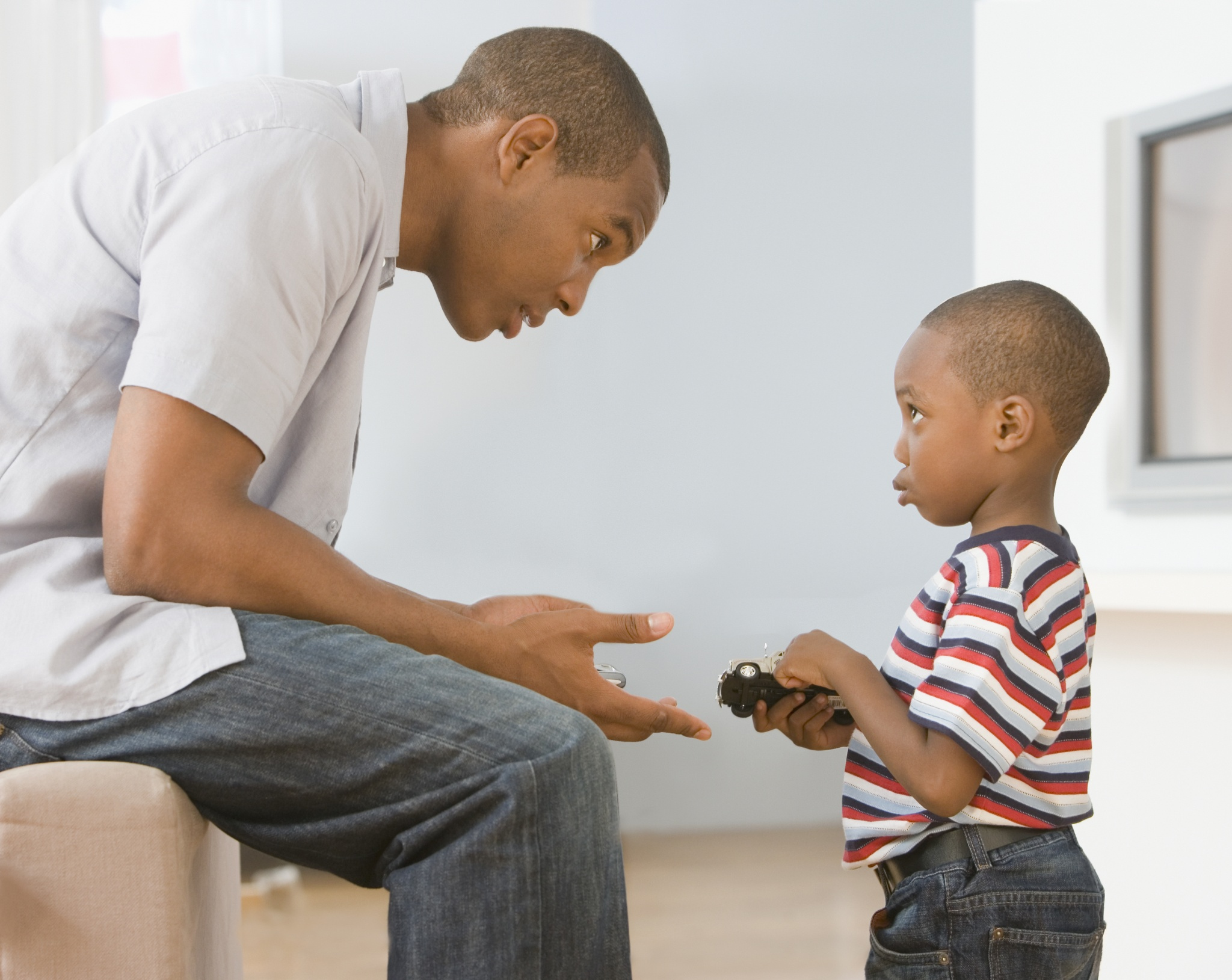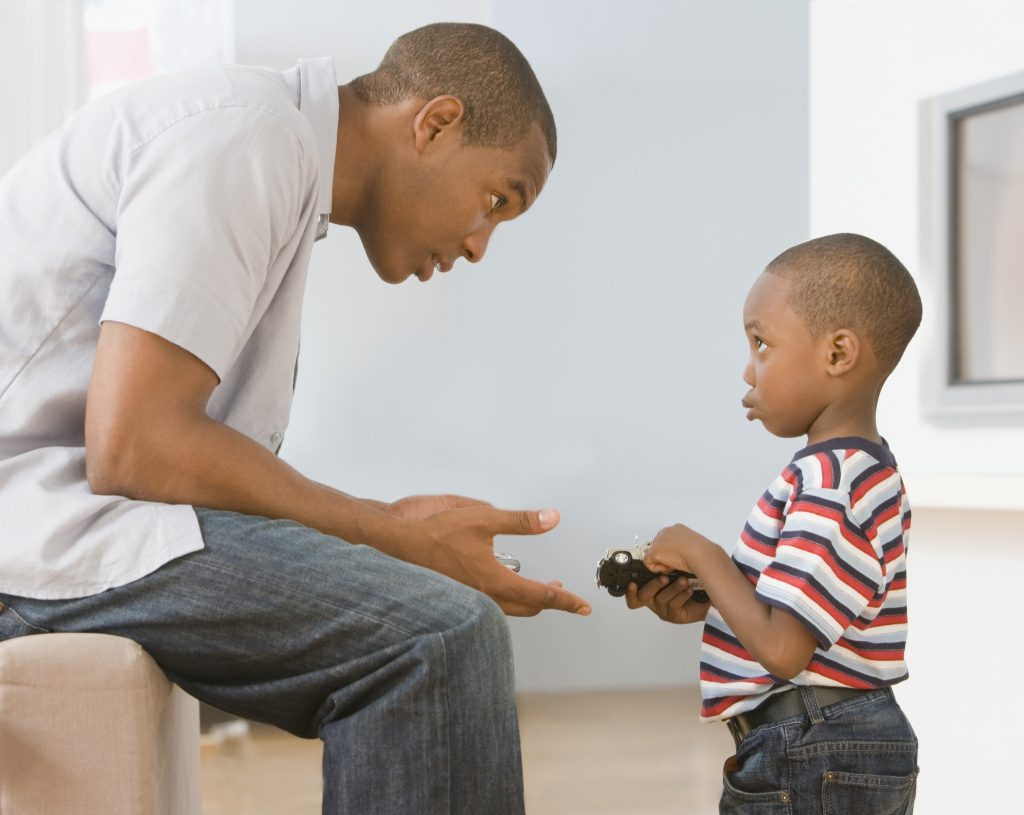
Many of us were raised with spanking that it can seem second-nature, making it hard to change our ways even as we so desperately want to. While changing our knee-jerk reactions take time, the good news is that there are many more ways to effectively discipline our children gently — affording you the opportunity to find what works best.
The research on the detrimental effects of spanking on child development is clear: Don’t do it. But what to do instead? Because as much as spanking is a no-no, so is raising children without clear boundaries on their behavior.
The hard part of wrapping our minds around gentle discipline is that most of it is proactive and takes being intentional. Spanking is reactive and, particularly when fueled by an ingrained reflex, doesn’t require forethought.
So as you ponder gentle discipline, understand that it requires a holistic approach. The ideas are meant to work together. You have the freedom to pick and choose what will work best for your family, but its a combination of mostly proactive techniques and then also intentional, in-the-moment responses to misbehavior that make gentle discipline effective.
Don’t underestimate the power of being proactive. Setting your child up to succeed, rather than waiting to react when he fails, goes a long way in circumventing misbehavior in the first place.
Keep these 20 tips in mind to create an atmosphere that’s less likely to invite the urge to spank:
1) Stay calm
Kids act out for all kinds of reasons, but it’s not because they dislike you or are trying to purposely manipulate you. Nine times out of 10, it’s because they’re tired, hunger, not feeling well, frustrated, or have another unfulfilled need. So don’t take it personally. View it all objectively.
2) Work on your stress level
Children feed off negative vibes. If you’re feeling stressed, they subconsciously pick up on that and start acting out how you feel, which of course only perpetuates how you act, and the cycle goes round and round.
3) Keep your home kid-friendly
Just as a home needs to be baby-proofed, it needs to be set up to be kid-friendly. Decorate your fridge with your children’s artwork, give full access to a cupboard filled with craft materials and other activities for when your child is bored, and invite your child to join in on housework with you. There are ways to make folding clothes fun! Basically make your home a safe place designed with your child in mind, rather than trying to fit your child’s tendencies into a possibly kid-unfriendly lifestyle you had before becoming a parent.
4) Avoid overstimulation
As much as children love bright colors, music, noise, sugary treats, and high-energy activities, take care to avoid overstimulation. An overstimulated child is much more likely to act out. Sometimes its inevitable, and in these cases, its important to help your child learn to calm down slowly perhaps by reading a book in a quiet room or by taking a bubble bath.
Don’t be surprised, though, if your child has a meltdown as soon as the overstimulating excitement is over, and don’t take it personally. It’s a cue that the atmosphere was too much for her brain and to perhaps avoid the same situation in the future.
5) Use good manners
Say “please” when you tell your child to do something, and “thank you” afterwards, just as you would do with an adult. Use good manners throughout the day, which teaches respect through example. Greet your child in the morning and give a hug and kiss. And give your child appropriate compliments. For example, if your daughter does an exceptional job at unloading the dishwasher in a timely fashion, let her know.
6) Teach kindness
Make kindness your family’s theme. This means parents need to take the lead in modeling kindness in word and deed, and complimenting our children when they follow this lead.
7) Speak in quiet voice
We don’t need to shout to make our children hear us. They actually listen more when spoken to in a soft voice. Try whispering when you really want them to listen! If the noise level in your house is too high to avoid talking loudly, turn off music and the TV, dim the lights, and invite everyone to sit down for a moment. Your children’s noise level will likely correspond.
This can be hard if you’re in the habit of yelling, but understand that shouting is a conditioned response to your feeling of anger. It’s a tip-off to you that you need to find another, more appropriate and healthier way to express your anger.
8) Listen
Just as we want our children to listen us, we need to be sure to actively listen to them. Listening doesn’t mean your child will get to do whatever he wants, but it does mean he knows that the most important person in his life cares and empathizes with his frustration.
9) Be consistent
Children thrive on routine and predictability. Set boundaries on behavior consistently, each and every time. Clearly knowing the parameters is how children learn what is expected of them. It’s when they get confused that some of the most distressing behaviors occur.
10) Teach emotion-coaching
Emotions are so big for toddlers and preschoolers that they don’t know how to handle them. Start early by helping them name their emotions and how to appropriately express them.
11) Don’t argue
Avoid the temptation of getting into a power struggle over who’s right or wrong, or that your child must do exactly as you say or else. Instead, look at how you can problem-solve the situation. Try to redirect your toddler’s attention to something else, or offer your preschooler a choice between a couple options.
Sometimes, though, your child’s reaction will devolve into a tantrum. If it becomes too much for you, there’s nothing wrong with stepping away for a moment or two to calm yourself down, too. If needed, always say sorry for your reaction. This goes a long ways in healing broken trust and resetting the relationship.
12) Give time-in rather than time-out
Time-out, such as having a child sit in a corner or another room as punishment, is not gentle discipline. Rather, give time-in. When your child is very upset, have him sit with you on the couch or designate a safe place for him to go to calm down. This may be your child’s bed or another place where there are comforting items like toys, special blankets, and books. The idea is to teach them good coping skills when stressed rather than trying to punish the stress out of them.
13) Talk about it
Teach your child to not only name their feelings but to talk about what is frustrating them. Talking through stress is a great way to resolve it. It’s important for parents not to get defensive and to just let the child feel how they want. If your daughter angrily says she wishes the baby had never been born, this may strike you in the heart but hear her out calmly. Your daughter needs to know its safe for her to express even her strongest emotions, rather than trying to keep them inside or cover them up. Handling anger in a healthy way requires that it’s expressed; otherwise anger can become emotional cancer.


One Response
We do most of the suggestions.
The only one that I can argue is “Give time-in rather than time-out” You can’t behave badly and expect to be pampered.
Children must know that, there must be some sort of punishment for bad behavior
And then, Staying Calm is hard, very hard